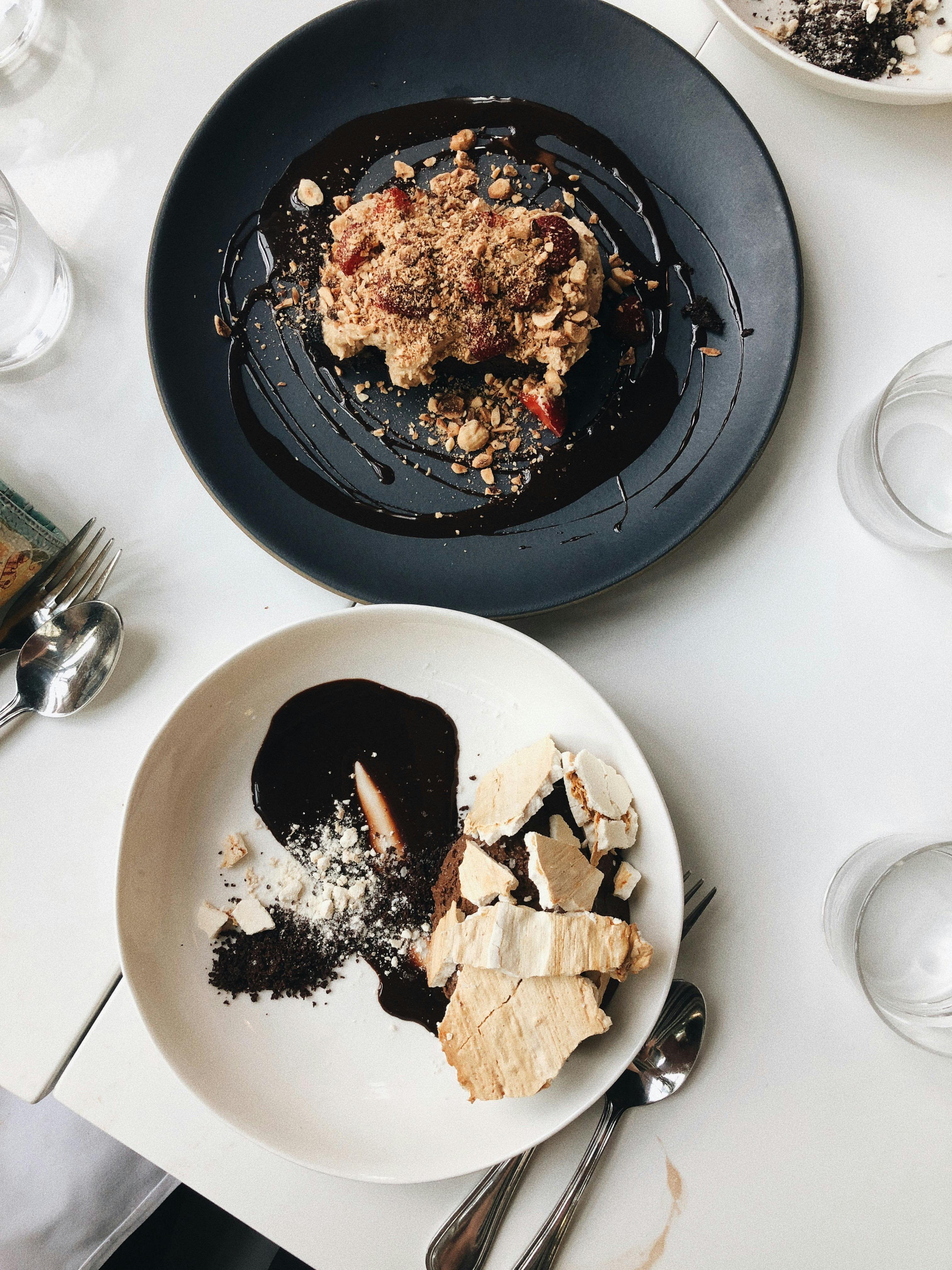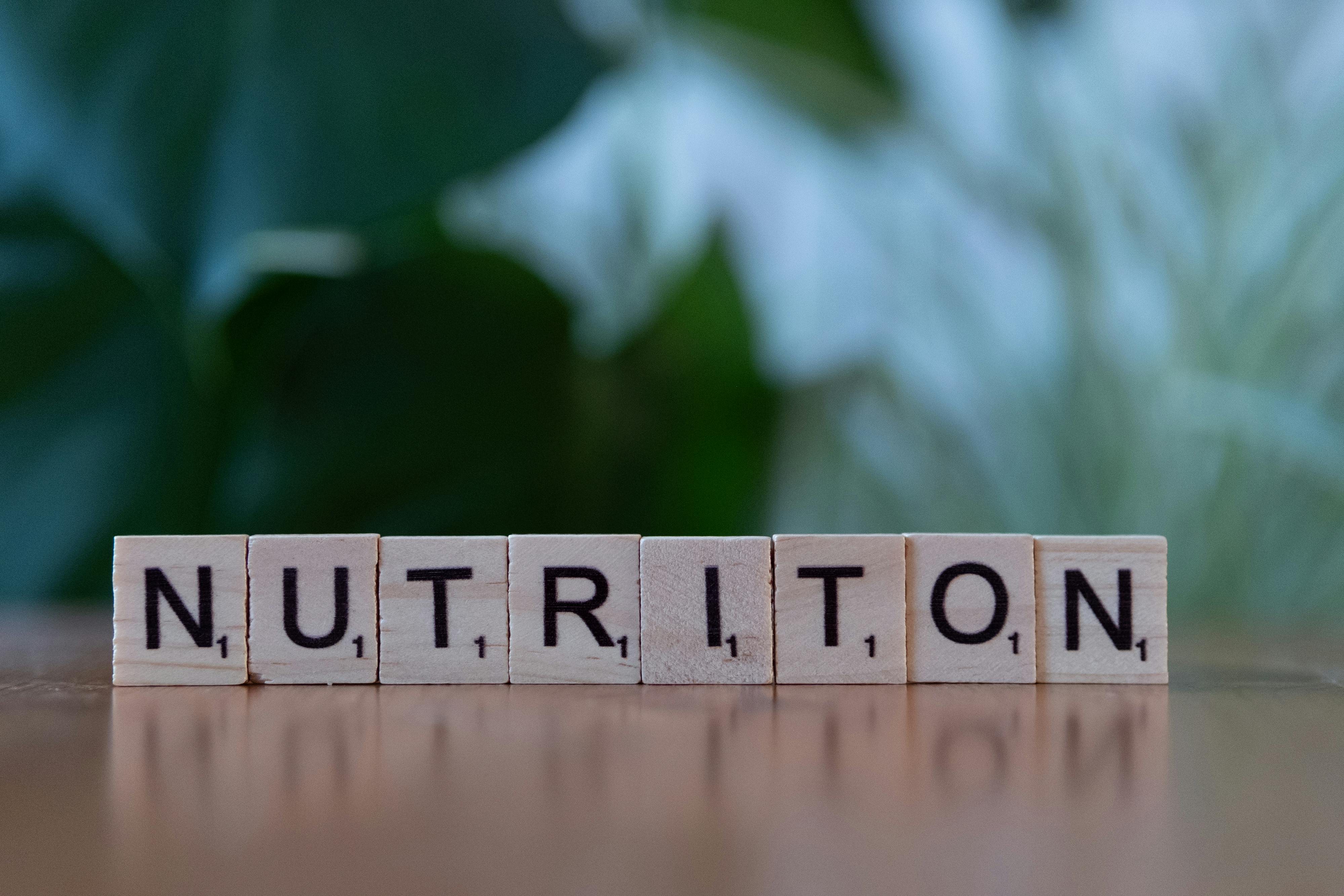Effective 2025 SIBO Diet Food List: Essential Foods to Explore

Understanding the SIBO Diet: A Comprehensive Guide
The Small Intestinal Bacterial Overgrowth (SIBO) diet has gained recognition due to its profound effects on digestive health and gut wellness. Individuals suffering from SIBO often experience a range of uncomfortable symptoms, including bloating, gas, abdominal pain, and altered bowel habits. By adopting a carefully curated SIBO diet, patients can significantly ease these symptoms, reduce inflammation, and promote an optimal healing environment.
One of the primary focuses of a SIBO diet is the incorporation of low-FODMAP foods, which help minimize the fermentable fibers that typically exacerbate SIBO symptoms. This article will delve into essential foods to include in your SIBO food list, effective meal planning strategies, and tips for cooking SIBO-friendly recipes. We'll also explore the importance of probiotics, prebiotics, and how certain lifestyle changes can augment your SIBO treatment.
With a well-structured SIBO diet, individuals can reclaim their digestive health and improve their overall quality of life. Key takeaways to look forward to include practical meal ideas, snack options, and insights on affordable SIBO foods.
Essential Foods for a SIBO Diet: What to Include
Building a SIBO-friendly food list is crucial for managing symptoms. Begin by focusing on high-protein foods that are low in sugars and carbohydrates. Here’s a breakdown of essential foods to consider:
Low-FODMAP Breakfast Options
A nutritious breakfast sets a positive tone for the day. Some low-FODMAP breakfast ideas include eggs (boiled or scrambled), lactose-free yogurt topped with berries, and smoothies made with spinach, lactose-free milk, and a small portion of banana.
Vegetables for SIBO
Non-starchy vegetables such as carrots, zucchini, bell peppers, and spinach are great choices. They are easily digestible and packed with essential vitamins and minerals that support gut health. It's important to avoid high-FODMAP vegetables like garlic, onions, and cauliflower.
Fruits for SIBO
When considering fruits, opt for low-sugar options such as strawberries, blueberries, and kiwi. These fruits are not only delicious but also provide necessary fiber without the adverse effects associated with higher FODMAP fruits.
High-Protein Foods
Incorporating lean protein sources can aid in digestive recovery. Options such as chicken, turkey, fish, and tofu are excellent choices. These proteins help repair tissues and contribute to overall health, making them integral in the SIBO diet.
Healthy Fats and Oils
Healthy fats play a crucial role in a well-balanced diet. Utilize SIBO-friendly oils, such as olive oil or coconut oil, for cooking. Avoid hydrogenated oils and trans fats to prevent inflammation.
Probiotics and Fermented Foods
Probiotics can significantly improve gut health. Low-FODMAP fermented foods like sauerkraut, kimchi, and certain dairy alternatives provide beneficial bacteria without causing distress. Incorporate these gradually to monitor tolerance.

Meal Planning and Preparation Tips for SIBO
Effective meal planning is pivotal for maintaining a sustainable SIBO diet. It aids in avoiding foods that trigger symptoms while ensuring you have a variety of nutrient-dense options available at all times.
Budget-Conscious SIBO Meals
Eating healthy doesn't have to break the bank. Consider bulk preparing staple SIBO foods like rice, quinoa, and legumes. This not only reduces meal costs but also increases convenience, allowing for quick meal assembly during busy times.
Creating a Food Diary
Keeping a food diary can help identify food triggers and monitor symptoms. Documenting daily food intake alongside symptom experience leads to better understanding and informed dietary choices.
Snack Ideas for SIBO
Healthy snacking is vital for those on the SIBO diet. Opt for SIBO-friendly snacks like carrot sticks with hummus (go for a chickpea-free version) or rice cakes topped with almond butter. These snacks keep energy levels stable while being easy on the gut.
Meal Variations for SIBO
To keep meals interesting, experiment with different herbs and spices. Fresh herbs like basil and cilantro can elevate flavors without adding FODMAPs. Additionally, consider experimenting with gluten-free grains like rice and quinoa.
Mindful Cooking Techniques
Slow cooking and baking are recommended techniques that can break down certain fibers, making them more digestible. Steaming vegetables rather than boiling retains their nutrients and enhances their flavors.

Understanding The Impact of Probiotics and Prebiotics
Probiotics and prebiotics serve as the backbone of immune and digestive health, especially in those battling SIBO. The right balance can significantly improve symptom relief and gut health.
What Are Probiotics?
Probiotics are live bacteria that provide health benefits when consumed in adequate amounts. They play a role in restoring gut flora balance, enhancing digestion, and promoting immune function. Incorporating probiotic-rich foods like dairy-free yogurt can be beneficial.
Prebiotics Explained
Prebiotics are types of dietary fiber that feed the beneficial bacteria in your gut. While some high-FODMAP foods contain prebiotics, low-FODMAP options like oats and bananas can be included in moderation on your diet.
How to Use Probiotic Supplements
Consult a healthcare professional before starting any probiotic supplements to ensure they are suitable for your individual condition and SIBO symptoms. Always focus on quality products from reputable sources.
SIBO and Dietary Adjustments
Individual dietary adjustments are crucial for addressing symptoms. This may include an elimination diet to identify food intolerances and triggers. A healthcare provider can help guide this process.
The Role of Gut Health in Overall Wellness
Promoting gut health is foundational to overall well-being. Digestive discomfort can influence mental health and emotional wellness. Maintaining a balanced diet rich in prebiotics, probiotics, and anti-inflammatory foods is key.
Frequently Asked Questions about the SIBO Diet
To further clarify the SIBO diet, we’ll address some common questions regarding dietary practices, meal ideas, and overall management of SIBO-related issues.
What foods should I avoid on a SIBO diet?
Avoid high-FODMAP foods such as wheat, beans, lentils, garlic, onions, and certain fruits like apples and cherries. Also, be cautious with foods that contain sugar alcohols (like sorbitol), which can lead to bloating.
Can I still eat dairy on a SIBO diet?
Dairy can be tricky due to lactose content; however, low-lactose or lactose-free options like aged cheeses and certain yogurts can be suitable. It’s essential to monitor your symptoms for any negative reactions.
How can I ensure adequate nutrition on a SIBO diet?
Focus on incorporating a wide variety of low-FODMAP foods across all food groups, including proteins, healthy fats, vegetables, and fruits. Additionally, consider consulting a nutritionist for personalized guidance.
What are some quick meal ideas for SIBO?
Simple options include baked chicken with steamed vegetables, quinoa salads with cucumbers and herbs, or homemade smoothies with spinach and lactose-free yogurt. Meal prep can also save time and provide convenience.
What lifestyle changes can support SIBO recovery?
Addressing stress through mindfulness practices, regular exercise, and staying hydrated are crucial for SIBO recovery. Additionally, maintaining a consistent meal schedule can aid digestion and symptom management.